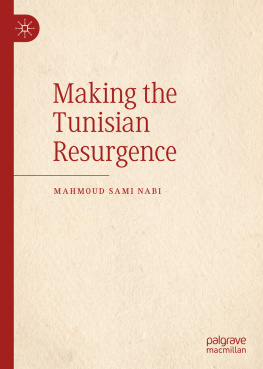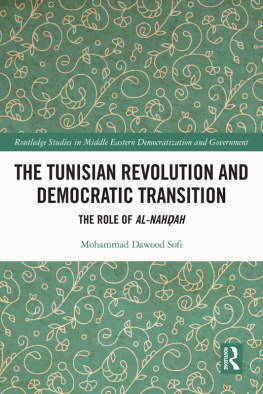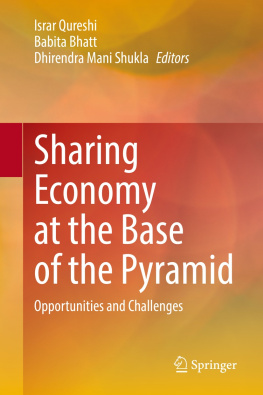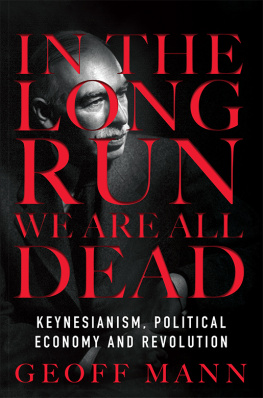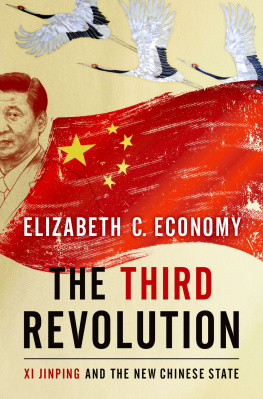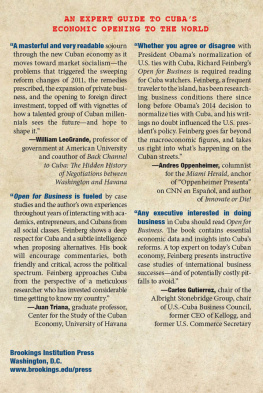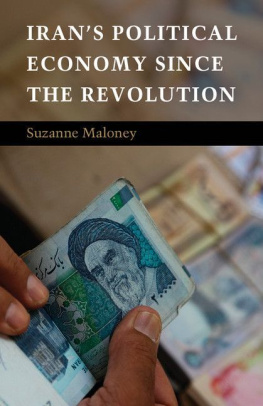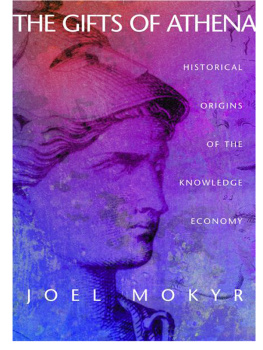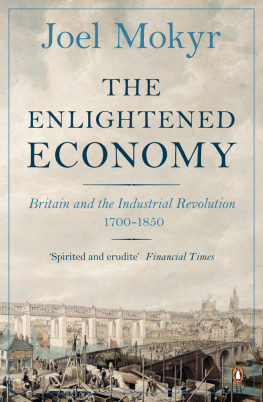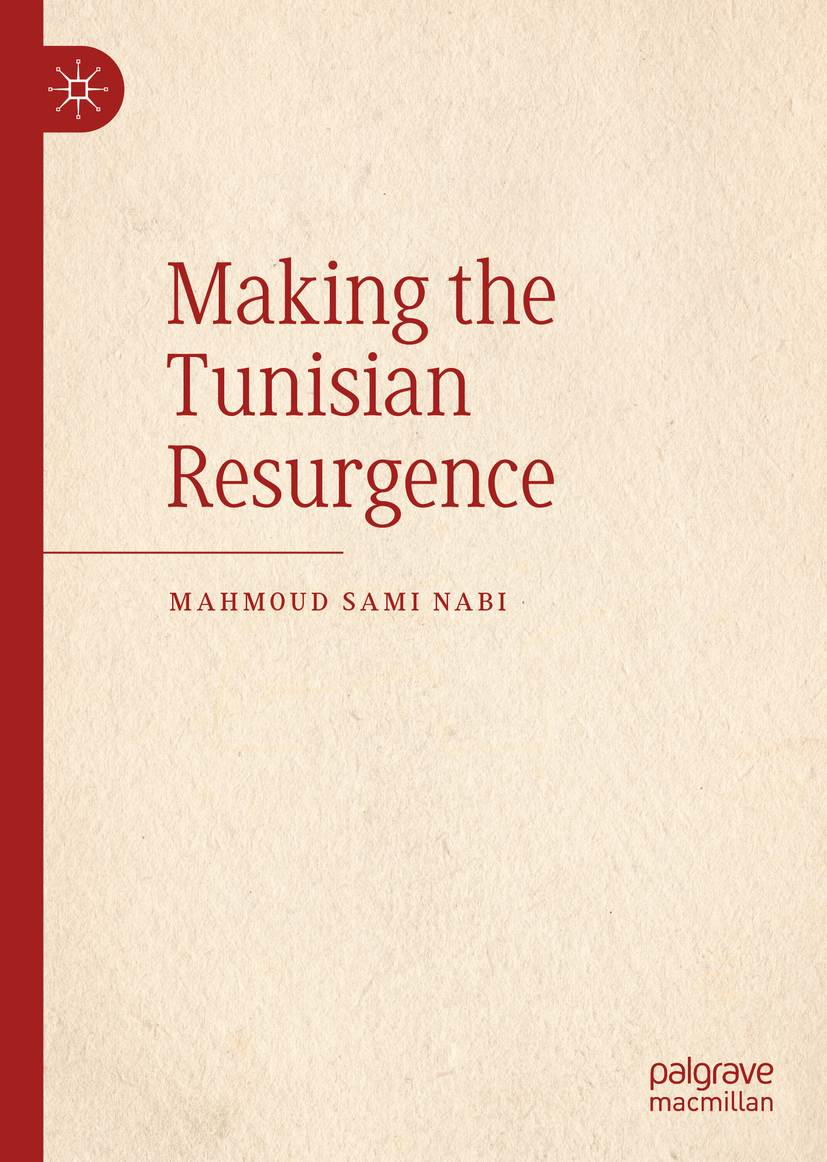Mahmoud Sami Nabi
Making the Tunisian Resurgence
Mahmoud Sami Nabi
LEGI-Tunisia Polytechnic School and FSEG Nabeul, University of Carthage, Tunis, Tunisia
ISBN 978-981-13-3770-3 e-ISBN 978-981-13-3771-0
https://doi.org/10.1007/978-981-13-3771-0
Library of Congress Control Number: 2018967953
The Editor(s) (if applicable) and The Author(s), under exclusive license to Springer Nature Singapore Pte Ltd., part of Springer Nature 2019
This work is subject to copyright. All rights are solely and exclusively licensed by the Publisher, whether the whole or part of the material is concerned, specifically the rights of translation, reprinting, reuse of illustrations, recitation, broadcasting, reproduction on microfilms or in any other physical way, and transmission or information storage and retrieval, electronic adaptation, computer software, or by similar or dissimilar methodology now known or hereafter developed.
The use of general descriptive names, registered names, trademarks, service marks, etc. in this publication does not imply, even in the absence of a specific statement, that such names are exempt from the relevant protective laws and regulations and therefore free for general use.
The publisher, the authors, and the editors are safe to assume that the advice and information in this book are believed to be true and accurate at the date of publication. Neither the publisher nor the authors or the editors give a warranty, express or implied, with respect to the material contained herein or for any errors or omissions that may have been made. The publisher remains neutral with regard to jurisdictional claims in published maps and institutional affiliations.
This Palgrave Macmillan imprint is published by the registered company Springer Nature Singapore Pte Ltd.
The registered company address is: 152 Beach Road, #21-01/04 Gateway East, Singapore 189721, Singapore
To the Tunisians across time, striving for justice, peace and dignity,
To my parents, the light of identity shining on modernity,
To my wife and my daughters, the gifts from the Almighty,
To my stepparents and all my family,
To my friends in Monastir, Tunis and globally,
To my colleagues and students in the university,
To all my teachers and professors since the primary.
Foreword
Mahmoud Sami Nabi offers us a large and ambitious fresco, drawing the directive lines for an inclusive and sustainable development of Tunisia. He conducts rigorous diagnoses of the current periods before and after the Revolution , as well as of the Tunisian economy and its multiple disequilibria. The author analyzes the necessary dimensions for the recovery of the country and its insertion in an inclusive development path: unlocking energies, efficient and sound public policies, rebuilding the social contract linking the state to the social stakeholders, institutional reforms and creativity , innovative modes of financing, smart integration in the globalization and adoption of the knowledge economy as a development platform guaranteeing a sharable prosperity.
Nabi allies continually a subtle analysis of issues and challenges with justified suggestions of mechanisms and instruments for their resolution. Obviously, some of these analyses and proposals might generate critiques and controversies and possibly divergences. Yet, this is the sign, the proof of their interest and their substantial contribution to a debate leading to the social and economic resurgence of the country, at a time where the multiple crises mining it, are requiring urgent solutions.
Tahar Abdessalem
Tunis, Tunisia
19 November 2017
Preface
If the people one day will to live, then destiny must respond, the night must disappear and the chain must break . This famous verse was written by the Tunisian national poet Aboul-Qacem Echebbi (19091934) in his poem Will to Live . At that time, Tunisia was under the French colonization. It is now part of the countrys national anthem and symbolizes the willingness of Tunisians to defeat oppression. As the country is emerging from its revolution for dignity (December 2010January 2011), Tunisians are still aspiring to a modern and developed country.
One of the triggering factors of Tunisias revolution for dignity is the unequal access of citizens to the socioeconomic opportunities. The Tunisian economy is not inclusive . The economic opportunities are not available to citizens on the basis of their competencies, ideas or initiatives but influenced by the wealth of their families and their social and political connections. Five years after the revolution, social protests emerged again in many disadvantaged regions of the country fueled by the deterioration of peoples daily living conditions. More recent ones triggered successively in January 2016 and April 2017 claiming for credible and concrete public policies in order to tackle the chronic unemployment , especially among the youth , and the unequal access to economic opportunities.
The failure of Tunisia in generating an inclusive economic system is the result of many factors among which are the extractive political regime under the dictatorship and the underdeveloped institutional environment. But even in developed countries where institutions are developed, the economic system is failing in generating inclusive growth. There are suggestions that advocate the inclusion of ethical dimensions and defend a more active social role of the state within the free market economy. I believe that the debate on the type of the economic system shall not take place on theoretical grounds. Instead, we have to conceive an integrated development strategy encompassing all the dimensions of the society in order to unlock the dynamism , the creativity and the solidarity of the individuals. This naturally requires the exploration of new mechanisms and institutional changes to bring inclusiveness, social justice and sustainability to the economic system. The exercise is difficult in a transition period where a country like Tunisia is still exposed to threats of violence, social chaos, spread of corruption , political instability and lack of trust in the political elite . It is even more difficult in a post-revolution phase where latent divergences among citizens are suddenly emerging. These divergences are deeply anchored in the society and geographically differentiated. They are intimately related to the history of the country and to the position of religion in the society. Therefore, achieving a national identity respectful of individuals opinions and ensuring social cohesion is becoming an extremely important pillar of the Tunisian development path.
From an economic policy-design perspective, the difficulty of the Tunisian context is substantial. Despite its small population, the economic problems of Tunisia are accentuated by the specificity of the political transition period. The enforcement of law is weakening, corruption is spreading and corporatism is influencing the design of the economic policies. Hence, no economic solution for Tunisia will emerge without the openness to the multidimensional aspects of the society. Besides, the traditional macroeconomic policies are not sufficient. It shall be complemented by nonconventional mechanisms and instruments enabling public institutions to play their strategic role in complementarity with the private sector .

